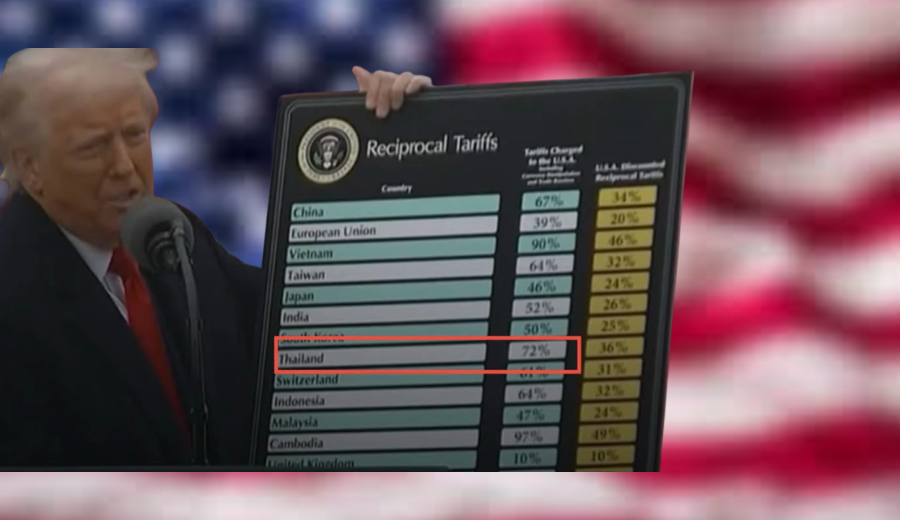As trade tensions continue to dominate headlines, President Donald Trump’s implementation of reciprocal tariffs has raised significant concerns among economists and business leaders alike. In a recent article by the Wall Street Journal, the discussion centers on how Trump’s approach, which encourages levying tariffs in retaliation for foreign trade practices, may backfire—not just with larger economies like China, but also with developing nations such as Vietnam.
Vietnam, often viewed as a potential beneficiary of trade tensions between the U.S. and China, stands at a crossroads. On one hand, it could capitalize on American manufacturers seeking alternatives to Chinese production; on the other, it risks becoming embroiled in U.S. tariff policies that could dampen its emerging economy. The article highlights how Trump’s strategy might lead to a tit-for-tat escalation of tariffs that can destabilize trade relationships and spur economic uncertainty globally.
The Wall Street Journal argues that rather than fostering fair trade practices, such policies may inadvertently harm American interests by raising costs for consumers and complicating international supply chains. In the case of Vietnam, retaliatory tariffs could lead to increased prices on various imports, affecting everything from electronics to agricultural goods.
Moreover, Trump’s insistence on using tariffs as a weapon to assert U.S. dominance in trade negotiations often overlooks the complexities of global interdependence. Economists warn that a continued aggressive stance may isolate the U.S. from potential allies and trading partners, driving them to seek closer ties with other nations instead.
Consequences for Trade Relationships
With global markets reacting unpredictably to shifting tariffs, the repercussions could be severe. As countries like Vietnam find themselves stuck between power struggles, their role in the global supply chain becomes increasingly precarious. Economists urge a reevaluation of this tactic, calling for diplomatic strategies that prioritize negotiation over confrontation.
The pathway forward remains uncertain, but it is clear that if Trump’s policies are unchecked, both American consumers and businesses could ultimately bear the brunt of increased tariffs and trade isolation. The need for a more balanced and sustainable approach to international trade has never been more evident.
In conclusion, President Trump’s aggressive tariff strategy poses substantial risks not only to U.S. economic interests but also to the global trading system. As Vietnam stands poised between opportunity and adversity, the future of international trade depends on a careful reassessment of these strategies to foster cooperation rather than conflict.
Wall Street Journal, “Calling Trump’s Bluff on Reciprocal Tariffs,” April 2025.
Reuters, “Trade Tensions: U.S. and China tariff strategies,” April 2025.
Bloomberg, “Impact of Tariffs on Global Supply Chains,” April 2025.
The Economist, “Evaluating the Impact of Tariffs on Emerging Economies,” April 2025.
















